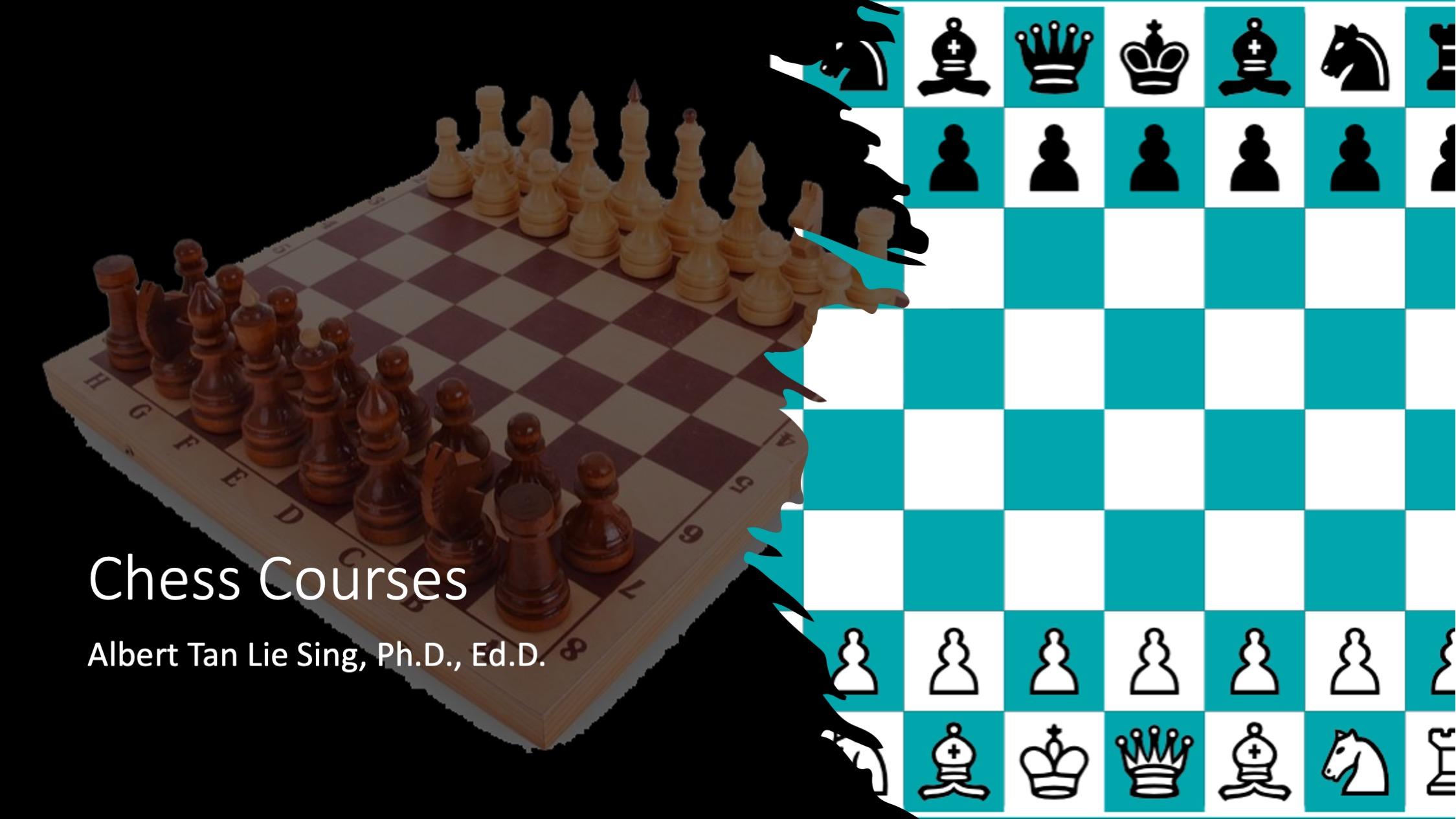International Chess

Course Description
The game of chess is the longest-studied domain in the history of artificial intelligence. The strongest programs are based on a combination of sophisticated search techniques, domain-specific adaptations, and handcrafted evaluation functions that have been refined by human experts over several decades. — by Science Magazine ed. Dec 2018
This section of International Chess as a knowledge, also we will talk about all other parts from International Chess as a sport and module of applied technology and learning in our systems.
A little bit about the history of this game, Chess is a two-player strategy board game played on a board, a checkered gameboard with 64 squares arranged in an eight-by-eight grid.
Chess is played by millions of people worldwide, both amateurs and professionals.

